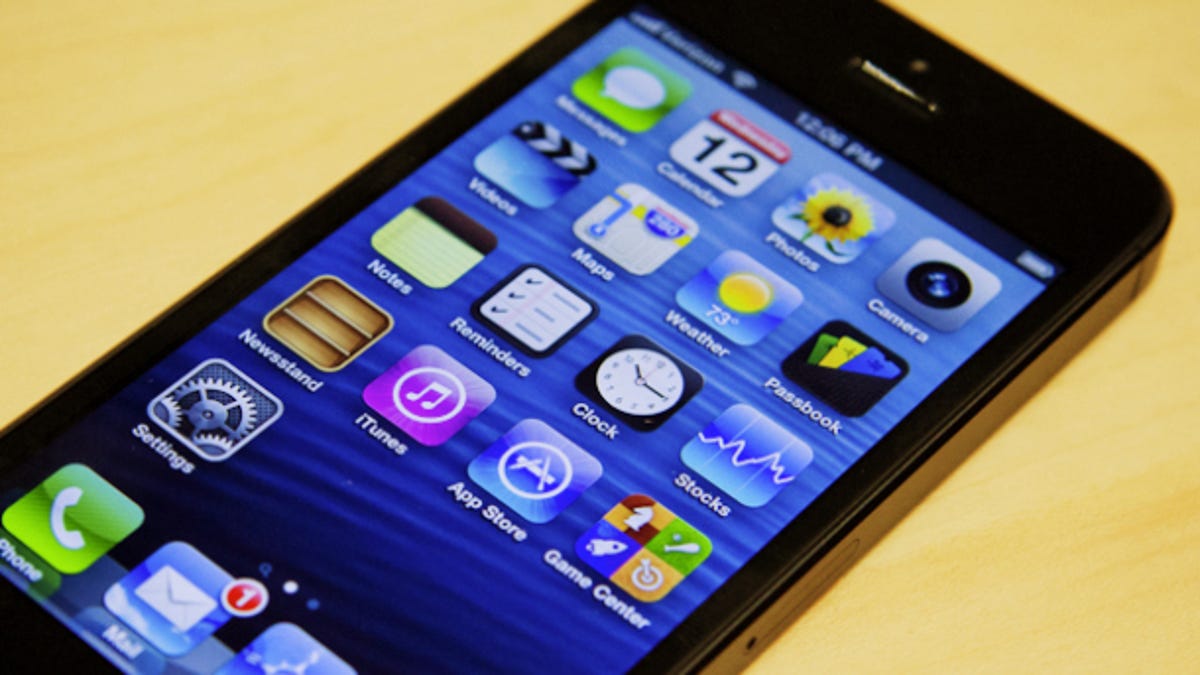Cheap iPhone could appeal to a half billion people, Munster says
A low-cost iPhone would give Apple access to 65 percent of the smartphone market where its current lineup of high-end phones don't play, says Apple bull Gene Munster.

A cheaper iPhone would give Apple access to a vast new market its current phones don't address -- one currently forecast to reach sales of 580 million units this year, according to Piper Jaffray analyst Gene Munster.
Rumors have been flying lately that Apple will introduce a low-cost iPhone to reach out to developing markets and offer more competition to Android. Assuming the rumors prove true, Munster -- one of the most bullish of Apple bulls -- believes such a phone would give Apple's market share a huge boost.
"We believe that the high-end smartphone market (above $400 USD off contract) for [calendar year 2013] will be about 320 million units, of which we believe Apple will capture 50 percent market share," Munster said in an investors note out today. "We believe this means Apple is missing the other 65 percent of the market, or 580 million units, given its current product lineup without the lower priced phone."
Munster predicts that Apple will unveil a low-cost iPhone this year to address that missing chunk of the market. And he currently estimates that Apple could sell 100 million low-cost iPhones in 2014 depending on the size of the overall smartphone market.
A cheap iPhone will hurt Apple's gross profit margins over the next few years, but the overall impact is likely to be less than 1 percent, Munster said. Even with the effect on margins, the analyst sees this as a prime opportunity for Apple. A lower-price iPhone will help Apple reach sales growth of 22 percent this year and 23 percent next year.
"We believe the opportunity for Apple is too large to miss as the low-end market is growing significantly faster than the high-end smartphone market," Munster added.
The analyst expects the low-cost iPhone to offer a lower-quality screen and case and potentially a slower processor than the current lineup. It would be aimed primarily for developing markets but could also be available in the U.S.
What about the price?
A Bloomberg report out yesterday estimated a price range for the phone of $99 to $149. Munster believes Apple will sell the phone for as much $199, but at an off-contract price. At that level, the cheaper iPhone's core competition would be Android phones that sell for $99 to $199.
However, the price could be higher depending on the amount of storage offered.
"While we are assuming a $200 ASP (average selling price) for the lower priced phone, we also note that Apple may have multiple storage sizes like the current iPhone lineup, which could result in ASPs higher than the base level," Munster said. "If this were the case, it may blunt some of the effect on margins given the higher storage devices would carry a slightly better margin profile."
Rumors of a cheap iPhone revved up this week after both the Wall Street Journal and Bloomberg claimed that Apple is prepping to launch such a device this year.
In December, Jefferies analyst Peter Misek said he thinks a low-cost iPhone is on the agenda for this summer with a price of $200 to $250. Last week, Strategy Analytics analyst Neil Mawston added his voice, saying he believes Apple will unveil an "iPhone Mini" but not until next year at the earliest.
And what is Apple's response?
Phil Schiller, the company's senior VP of marketing, has reportedly quashed the rumors. In a translation of an interview with the Shanghai Evening News yesterday, Schiller said that Apple will "not develop cheap smartphones in order to grab market share away."
(Schiller comment via 9to5Mac)

